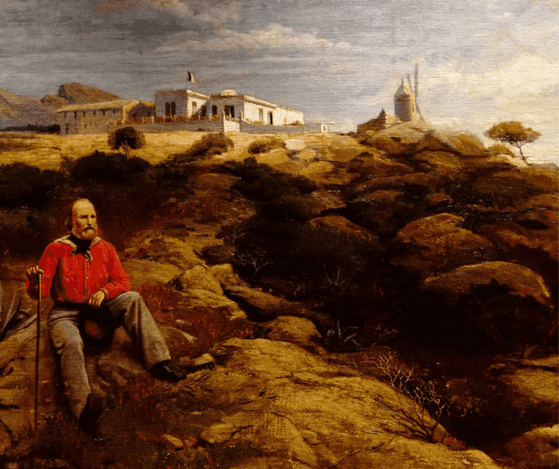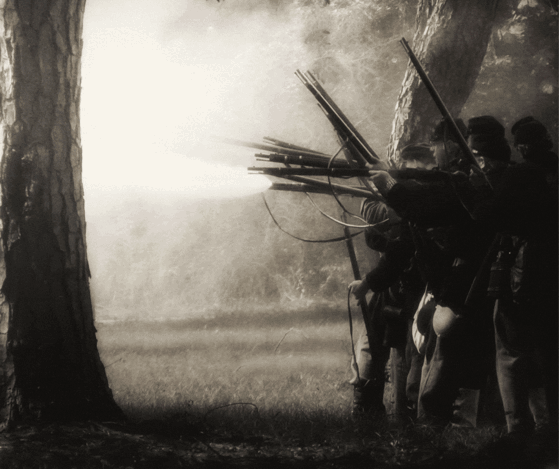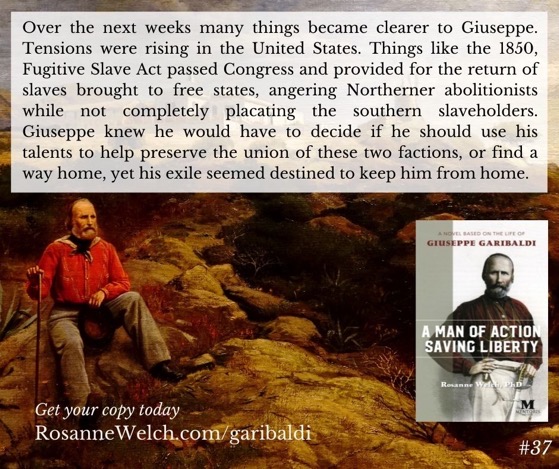Because the Civil War ended less than 30 years before the first motion pictures, it became a favorite subject for the new medium and has remained so ever since. Unfortunately, many of these Civil War films are historically inaccurate. According to Lamphier (humanities, California State Polytechnic Univ.) and Welch (screenwriting, Stephens College), films of the Civil War “almost universally erase the past” in order to forget that it was so “painful, destructive, and unpleasant” (p. ix). To illustrate the varying approaches to Civil War history and memory, the authors selected ten significant films—ranging chronologically and thematically from Gone with the Wind (1939) to Free State of Jones (2016)—devoting a chapter to each. All the chapters present the historical background and cultural context for the film, contexts that include, among other things, combat, gender, immigration, leadership, pacifism, race, and slavery. Other works—e.g., Bruce Chadwick’s The Reel Civil War: Mythmaking in American Film (CH, Mar’02, 39-3875) and The American Civil War on Film and TV: Blue and Gray in Black and White and Color, ed. by Douglas Brode, Shea Brode, and Cynthia Miller (CH, May’18, 55-3151)—cover more films and themes; the present volume will be especially useful as a tool for teaching cinematic representations of the past. — J. I. Deutsch, George Washington University
Movies profiled in this book:



![Mentoris Project Podcast: Building Heaven’s Ceiling: A Novel Based on the Life of Filippo Brunelleschi with Author, Joe Cline [Audio]](https://rosannewelch.com/wp-content/uploads/2021/06/Brunelleschi-mentoris.png)


















